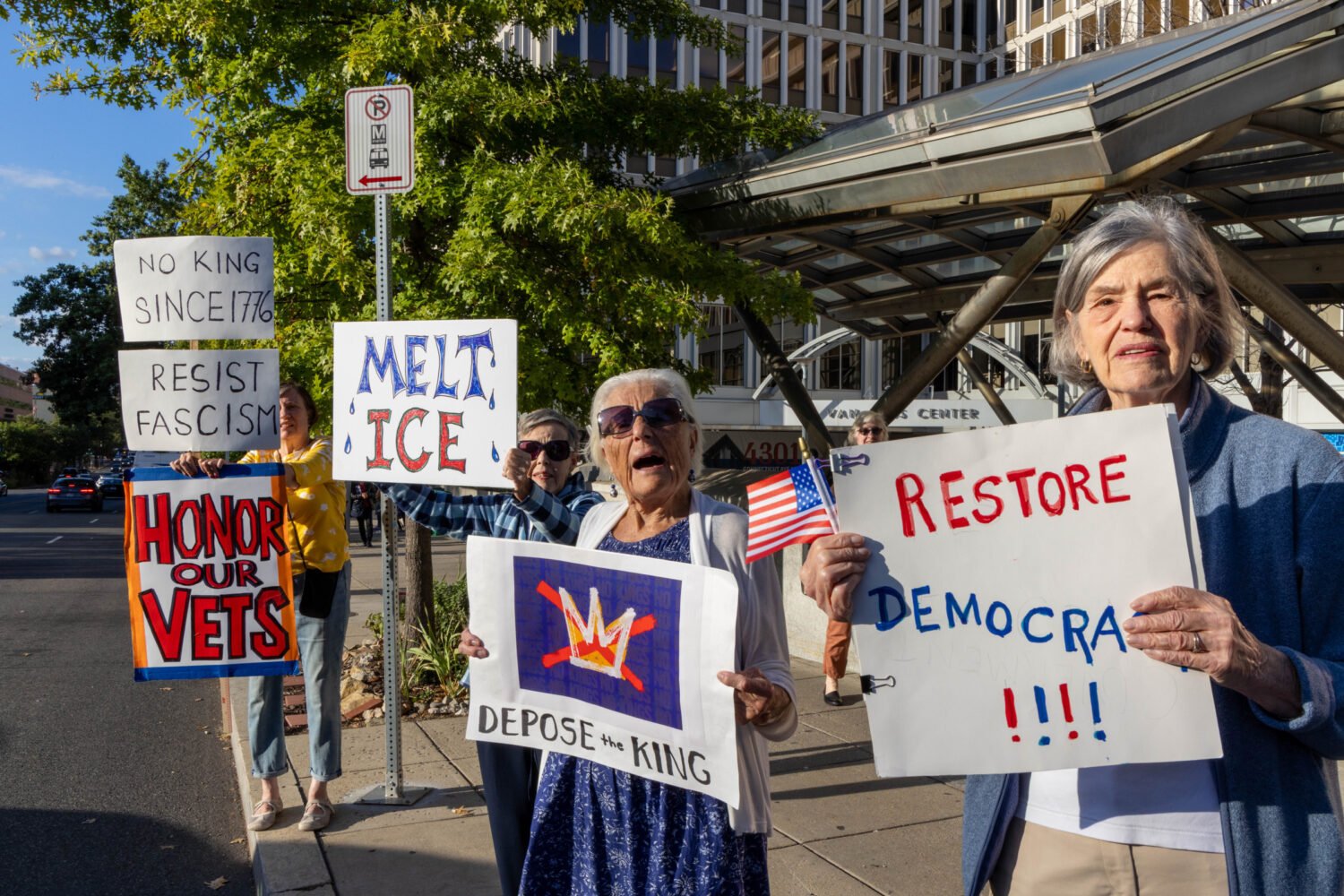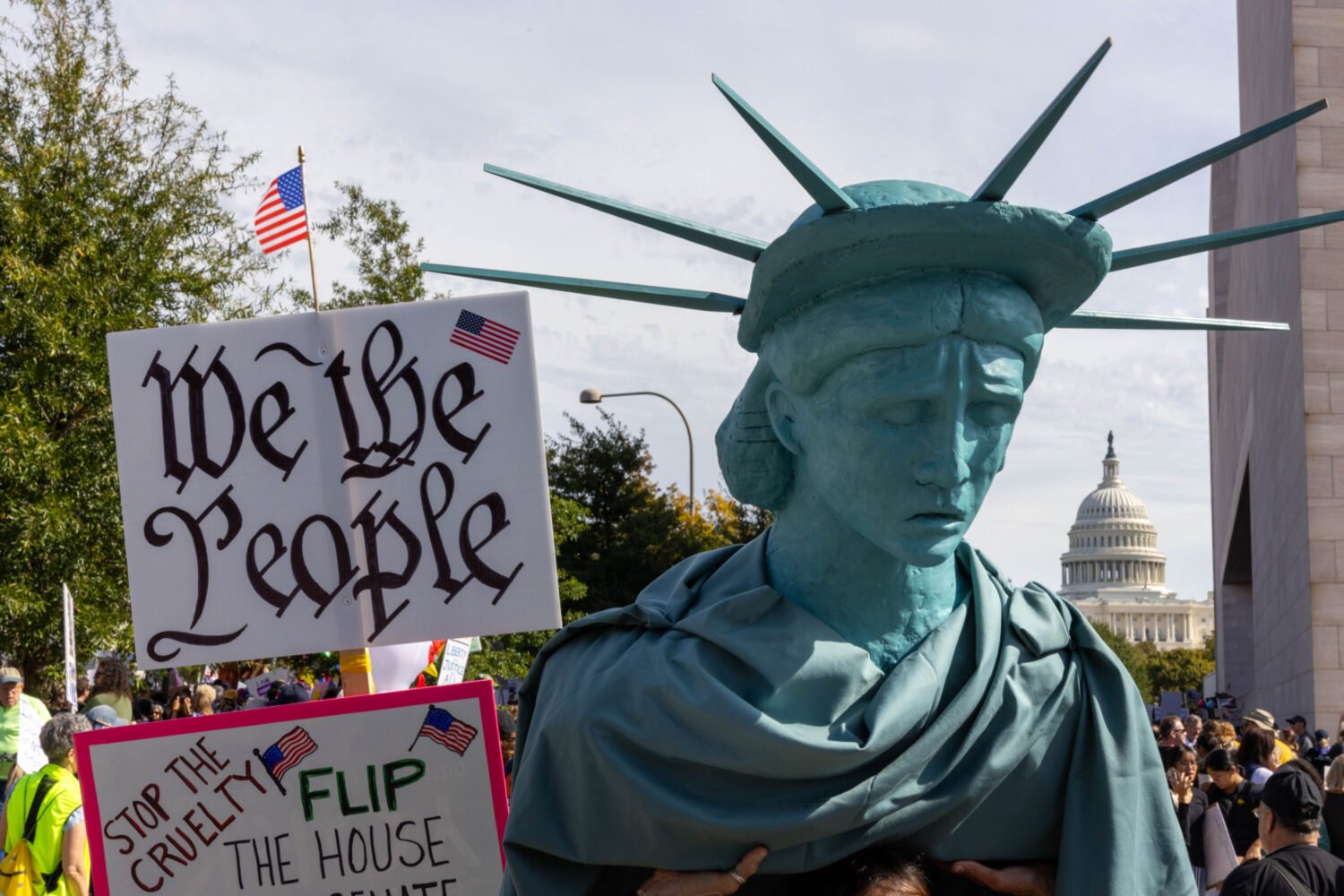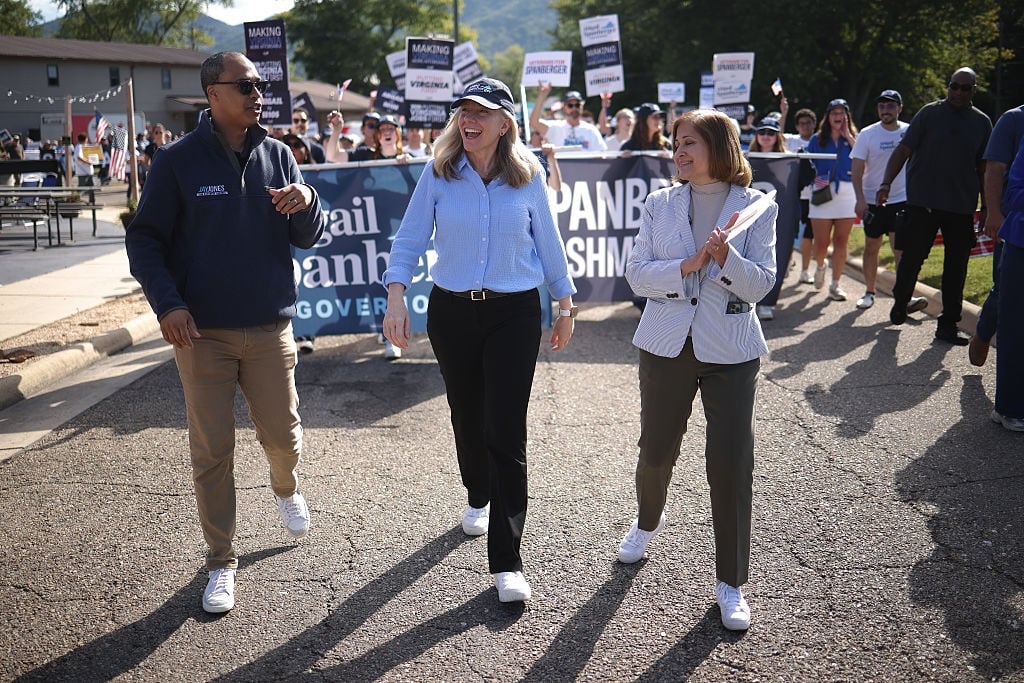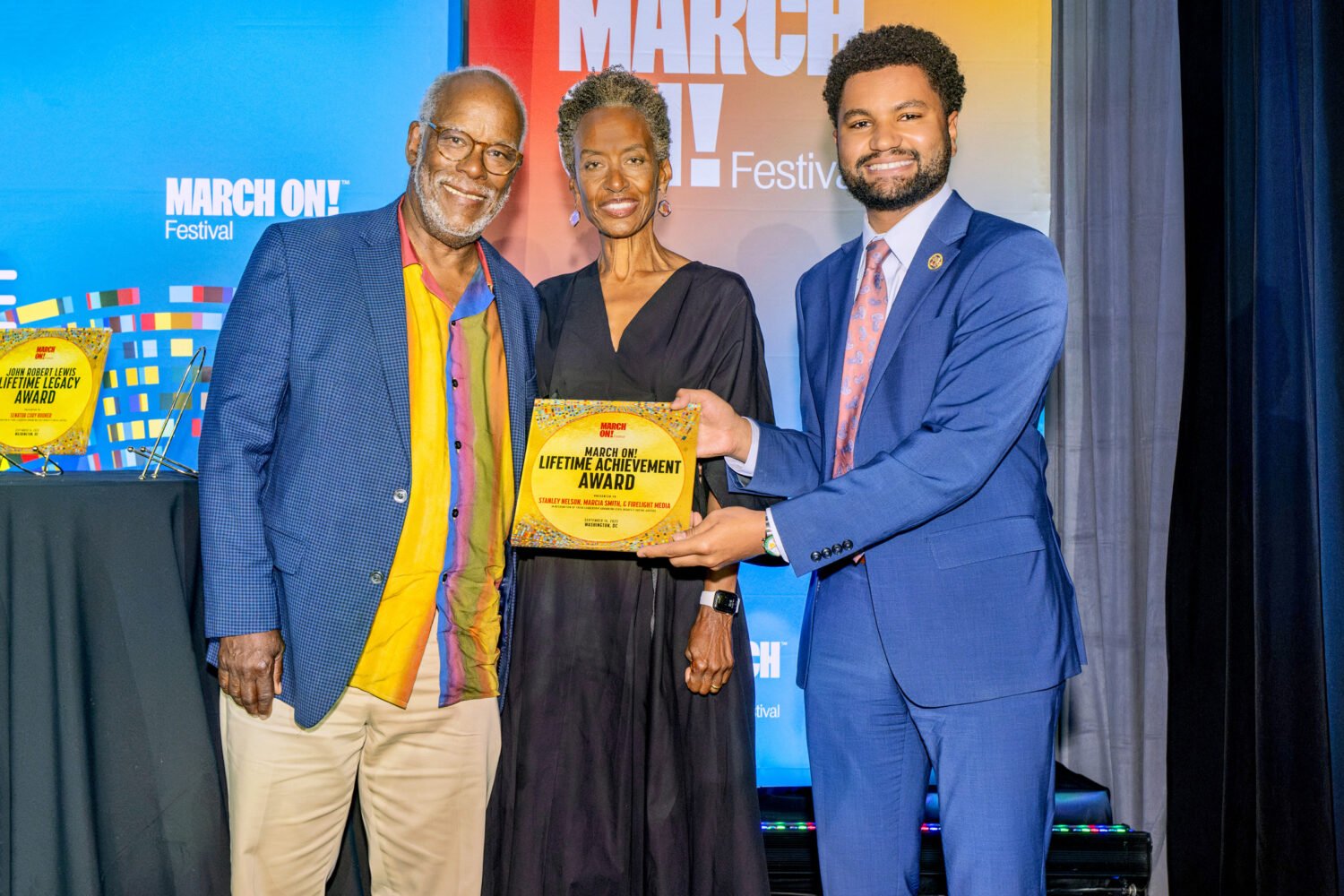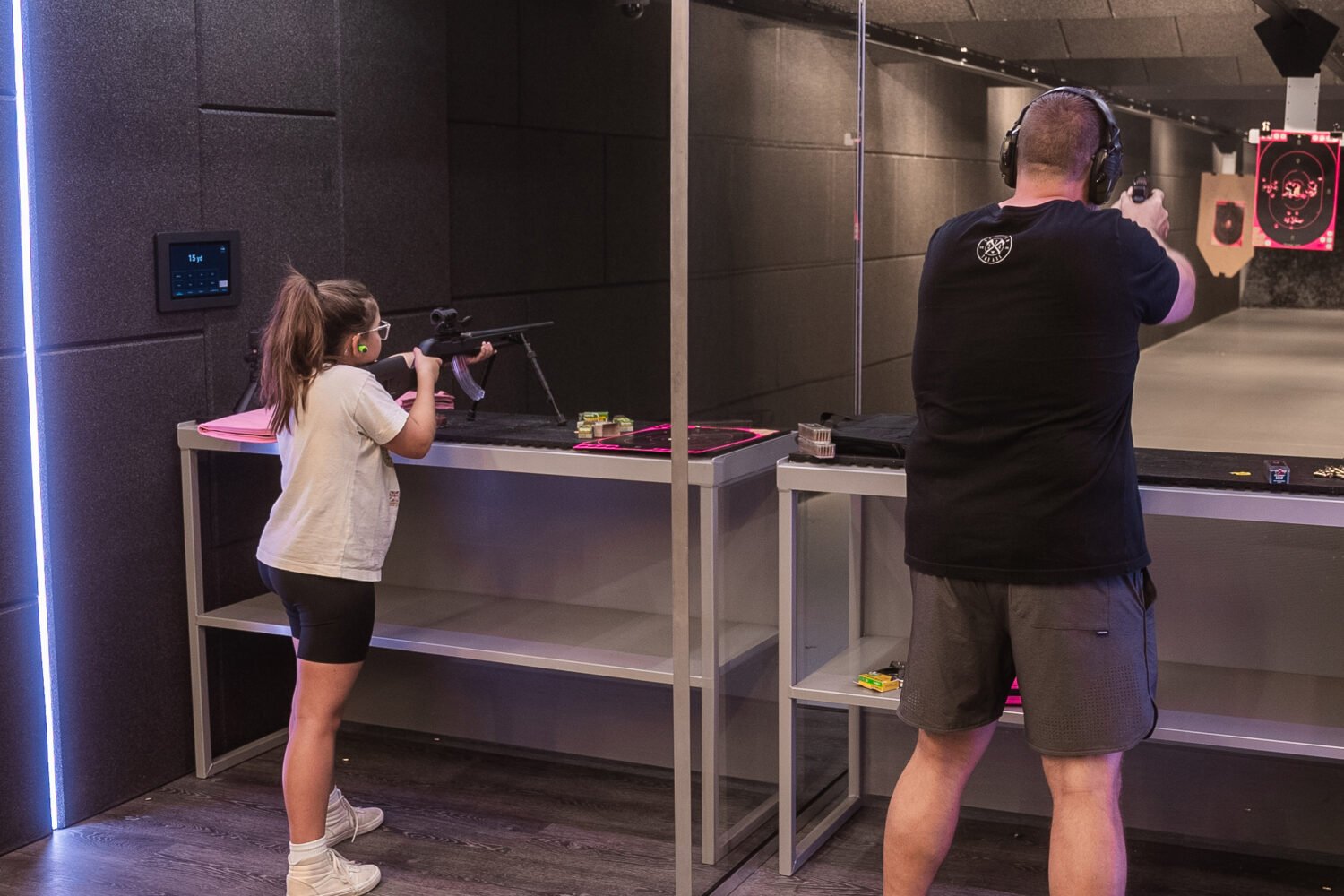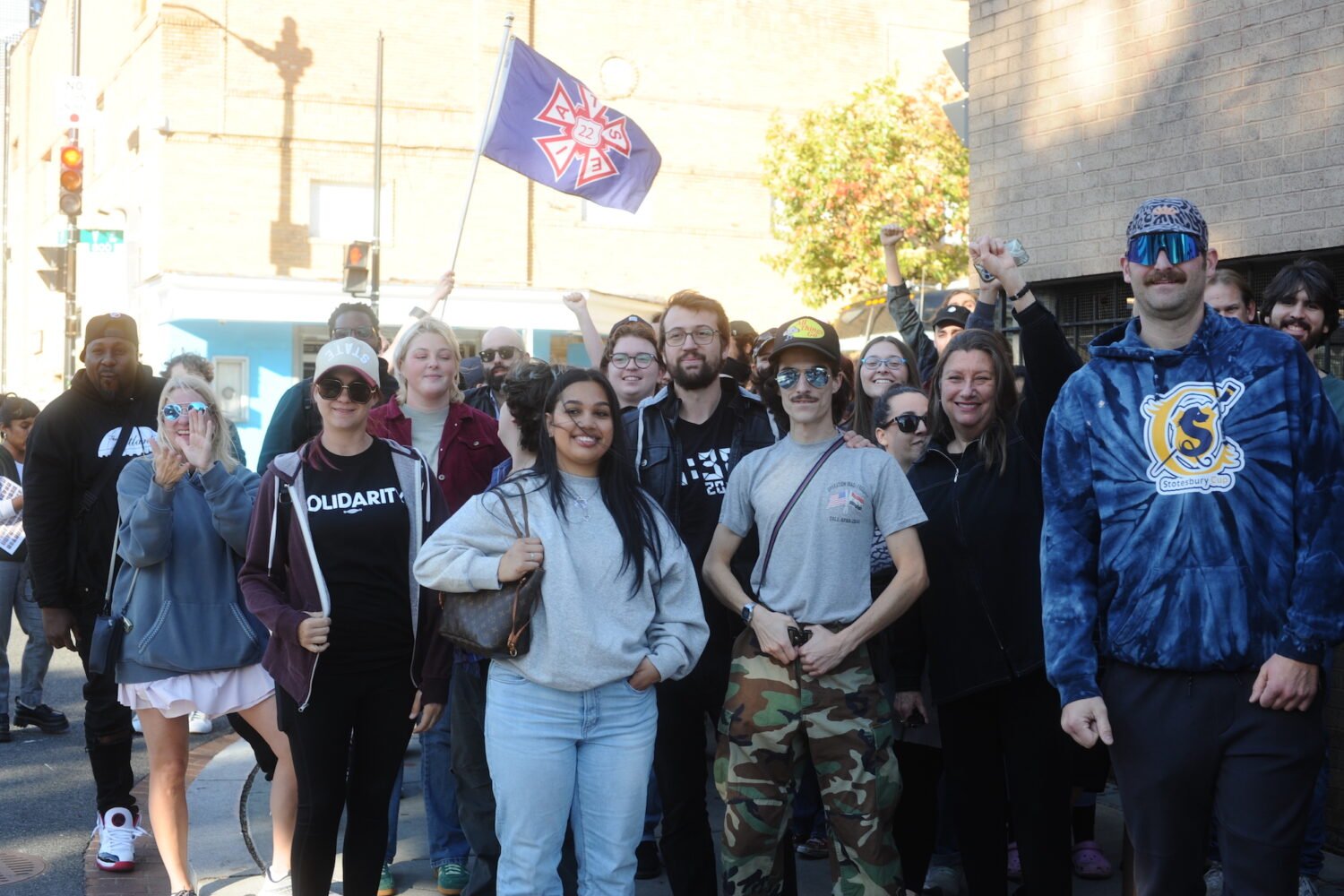For Pat McGinnis, it all started in a high-school government class in Roanoke, Virginia.
She was struck by how the Founders gave birth to the United States: “The idea of people getting together to do something incredible was fascinating,” she says.
After starting as an intern on Capitol Hill, she ended up in the Office of Management and Budget with a strange task: Beginning at age 29, McGinnis led the creation of the Department of Education during the Carter administration.
“If it had been a higher priority, it probably would have gone to someone else,” she admits. “The way to be taken seriously was to get things done.”
Thanks to Senate legend Abe Ribicoff, who taught her the two skills necessary to navigate Washington—how to build a coalition and how to count votes—the bill creating the education department passed the House by a single vote.
Now, as head of the nonprofit Council for Excellence in Government, she works with civil servants and private companies on making government work better—especially on two of the areas where it’s weakest: marketing itself and asking for help.
One of her challenges is helping government find and recruit talent. Sixty percent of civil servants are eligible to retire in the next ten years, including more than 90 percent of senior executives. That’ll mean a big recruiting effort to attract the nation’s best and brightest to low-paid, low-glory positions. But when she talks about it, she sounds like the Roanoke high-schooler again: “What could be more challenging and rewarding than to do the work that makes our democracy work?”




